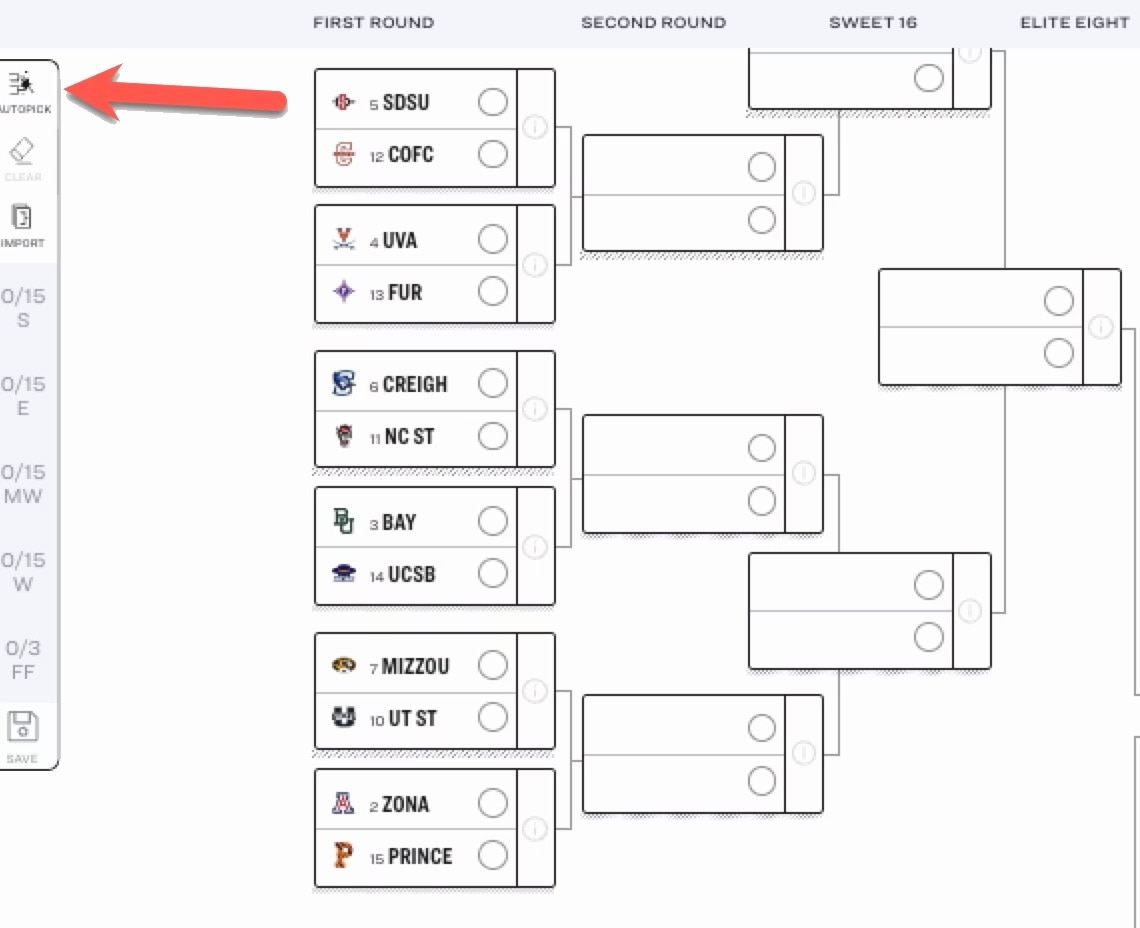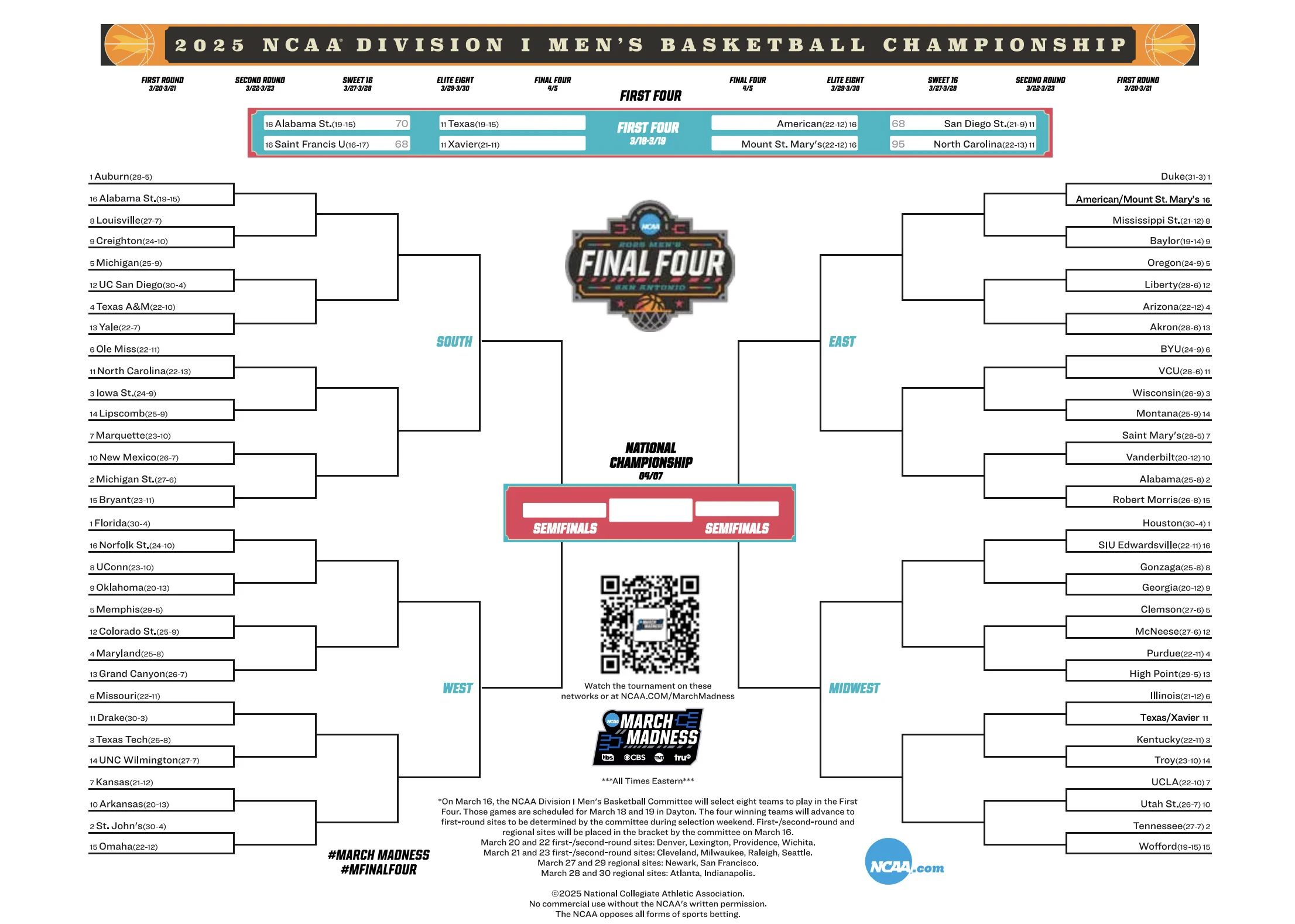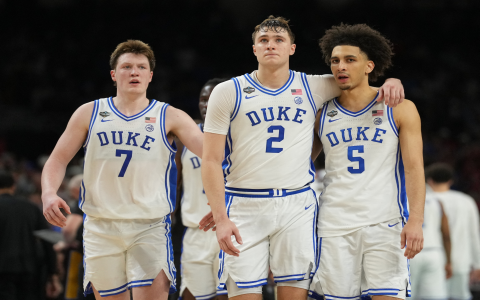Alright, so March Madness is upon us again, and like clockwork, everyone’s scrambling to fill out their brackets. It’s a ritual, isn’t it? The dream of the perfect bracket, the office pool glory. I’ve been doing this for years, and I figured I’d walk you through how I tackled my men’s bracket predictions this time around.

My Process – Or Lack Thereof Sometimes
First thing I usually do is glance at the so-called “expert” picks. You know, the ones all over sports sites. I read a few, then mostly ignore them. Not because they’re always wrong, but because where’s the fun in just copying someone else? Plus, a lot of those guys just play it safe.
So, I started by printing out a clean bracket. Old school, I know. There’s just something about holding it in my hands. Then I grabbed a pencil – always a pencil, because mistakes will be made, lots of ’em.
I looked over the matchups for the first round. This is where I spend a good chunk of time. I’m not just looking at seeds. I think about styles of play. Does a team rely heavily on three-pointers? Are they up against a team with a suffocating defense? Little things like that. I remembered a few years back, I got burned badly by overlooking a team that was just red-hot coming into the tournament, even though their seed wasn’t great. Lesson learned, or so I tell myself.
Here’s a list of things I genuinely tried to consider:
- Coaching: Some coaches are just magic in March. You can’t ignore that.
- Experience: Teams with a lot of seniors or juniors who’ve been there before? I give them a little bump.
- Recent Form: Were they stumbling into the tournament or did they win their conference? Makes a difference.
- Potential Upsets: Ah, the famous 12-over-5. I always pencil in at least one. It’s practically tradition. Sometimes I even look for a cheeky 13-over-4 if a matchup feels right.
After the first round, things get murkier. You’re predicting games that haven’t even been set yet. This is where a lot of gut feeling comes in. I visualized how teams might fare against potential opponents. Who’s got the depth to survive a tough couple of games back-to-back?

The “Why I Do It This Way” Bit
You might ask why I don’t just use some fancy algorithm or dive deep into analytics. Well, I’ve tried. Years ago, I spent hours crunching numbers, looking at KenPom ratings, efficiency stats, the whole nine yards. My bracket busted spectacularly. It was a humbling experience. My buddy, who picked based on mascots and jersey colors, did way better than me that year. That was a tough pill to swallow, let me tell you.
Since then, I’ve realized that while data is useful, this tournament is built on chaos. It’s called “Madness” for a reason. So now, my approach is more of a blend. I do some basic research, look at who’s playing well, any key injuries, stuff like that. But then, I let intuition take over a bit. It’s more fun that way, and honestly, my results haven’t been much worse. Sometimes they’re even better.
The thing is, a lot of folks get bogged down trying to pick every game perfectly. It’s impossible. I aim to get the major upsets right, or at least a few of them, and then hope my Final Four picks are solid. That’s where the real points are in most pools anyway.
My Final Thoughts on This Year’s Bracket
So, I filled it all out. Changed my champion pick about three times. Second-guessed a bunch of early-round games. The usual. There are a couple of picks in there that I know are probably dumb, but hey, you gotta take some risks, right?
I ended up with a champion that I feel pretty good about, but also one that I know could easily get bounced in the Sweet Sixteen. That’s just the nature of the beast. I made sure to pick a few upsets in the early rounds, because it’s just not March Madness without them. I’m not going to share all my picks – that’s bad juju. But I will say this year feels particularly wide open. Lots of good teams, no single dominant force, in my opinion.

At the end of the day, it’s a mix of educated guesses, a dash of wishful thinking, and a whole lot of hoping for the best. Now, all that’s left is to sit back, watch the games, and see how spectacularly wrong (or hopefully, right!) I was. Good luck with your own brackets!
















